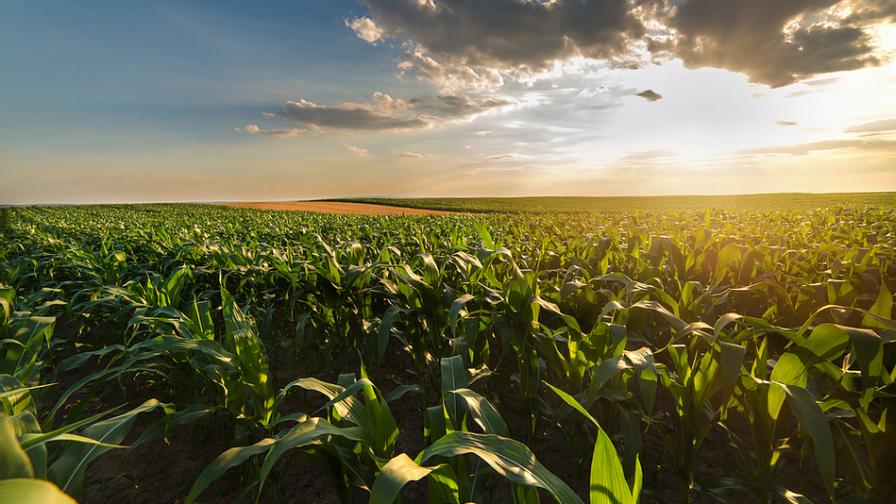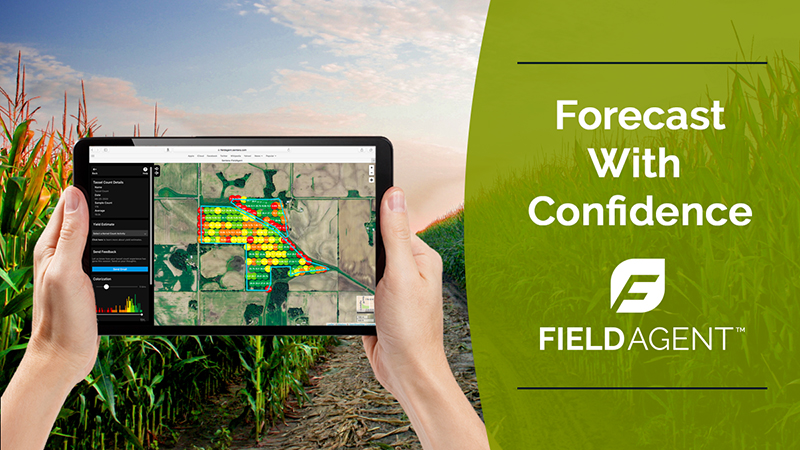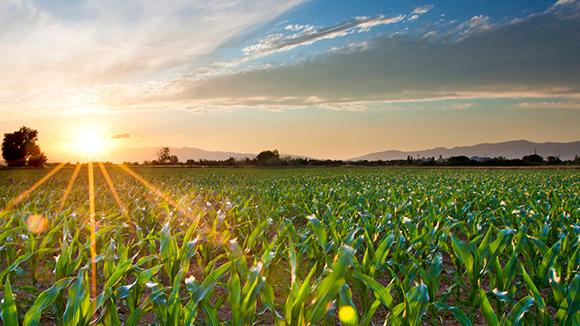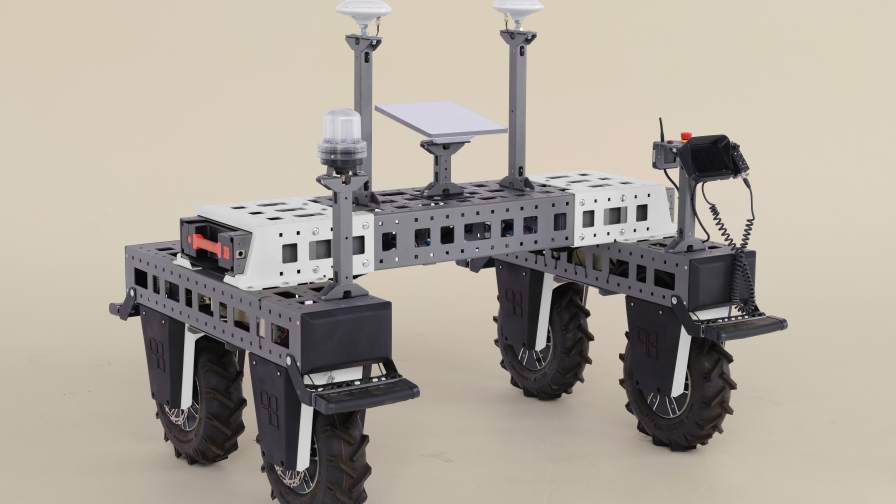How Digital Technology Is Helping Africa’s Smallholder Farmers Access Best Practices for Fertilizer
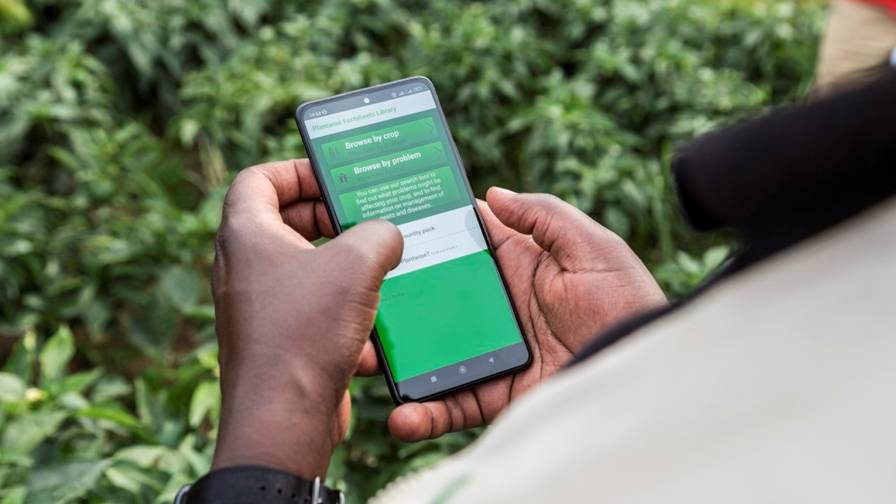
Digital data and tools enable smallholder farmers to have the best information and advice on how to sustainably use fertilizer as part of an integrated crop management (ICM) approach to agriculture. Photo: CABI
Africa’s 33 million smallholder farmers must triple fertilizer use on the continent over the next decade to double agricultural production and meet the growing demand for more nutritious fruits and vegetables, writes CABI’s Dr. Dennis Rangi at AgriBusiness Global.
The 2006 Abuja Declaration on Fertilizer for the African Green Revolution identified the critical need for Africa to increase the use of fertilizer. However, fertilizer consumption has only increased from an average of 8kg/ha to about 18kg/ha in 2022, which is less than half of the target of 50kg/ha set in the declaration.
The African-based members of the Association of International Research and Development Centres for Agriculture (AIRCA), of which the Centre for Agriculture and Biosciences International (CABI) is a member, agree that greater use of digital data and tools can increase fertilizer use for improved soil quality and food security.
At CABI we realize the power of partnerships, and this was highlighted recently when we won the FAO Partnership Award 2024 in recognition of our effective partnerships that contribute to achieving sustainable development around the world.
MORE BY AGRIBUSINESS GLOBAL
Ag Tech Talk Podcast: Communicating Innovation in a Crowded Ag Market
Ag Tech Talk Podcast: Rewiring How We Farm With MIT’s Michael Strano
Embrace the power of digital data and tools
I believe that central to the solution for improved soil quality and food security is the need, in partnership, to embrace the power of digital data and tools so smallholder farmers can have the best information and advice on how to sustainably use fertilizer as part of an integrated crop management (ICM) approach to agriculture.
ICM, is a sustainable agricultural production system that improves overall crop health with minimal impact on the environment. A system like ICM can form an important component for an Integrated Landscape Management (ILM) approach.
An ILM approach refers to long-term collaboration among diverse stakeholders to foster natural resource resilience at the landscape level.
Through careful participatory planning and adaptive strategies involving all stakeholders, ILM ensures resilience to environmental challenges while fostering harmonious coexistence between nature and human activities.
For more, continue reading at AgriBusiness Global.





